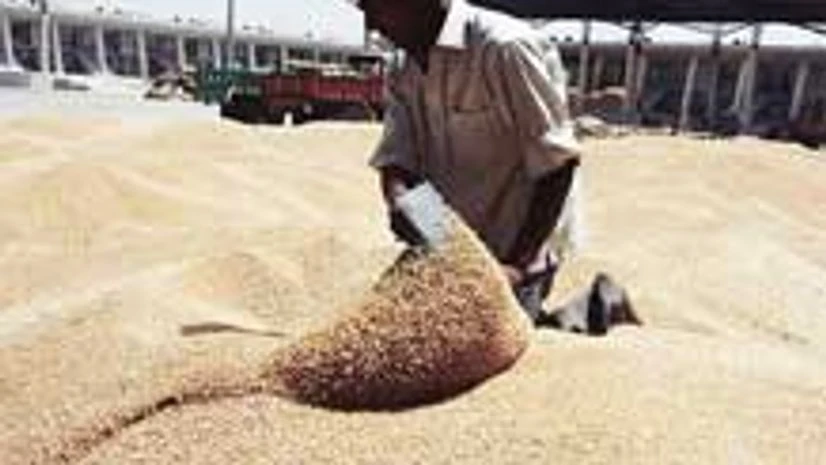A pioneering project in one of India's sunniest states has led to one farmer harvesting what could become the country's most climate-smart cash crop yet - sunshine.
A pilot project by Sri Lanka-based non-profit International Water Management Institute (IWMI) offered farmers the opportunity to sell excess energy generated by solar panels that drive their water pumps, and one farmer did just that.
Instead of using the excess energy to pump more groundwater to irrigate wheat and banana crops, Ramanbhai Parmar from Gujarat sold the extra energy he generated over four months back to the power grid.
Also Read
He received Rs 7,50 for 1,500 kilowatt hours kWh of electricity which, if used to run his water pump, would have extracted extra 8 million litres of groundwater.
"'Solar crops' are a very exciting example of a triple-win," Tushaar Shah, IWMI senior fellow, said in a statement. "Farmers, the state, and precious water reserves all benefit from a single intervention."
When solar-powered water pumps were introduced in Gujarat, it quickly transpired that farmers took advantage of what they saw as free energy to extract more water than they needed and groundwater reserves were depleted.
"We know that India's farmers are extremely responsive to incentives that improve productivity and incomes," said Shah.
"By offering them the chance to sell the electricity generated by their solar-powered water pumps, we could make agriculture in India cleaner and greener."
Gujarat gets up to 3,000 hours of sunlight per year, but at the same time suffers from extended dry spells. Giving farmers an opportunity to sell excess energy could encourage them to pump only the water they need, said IWMI.
IWMI estimates that around 11 million farmers across India are currently connected to the electricity grid could install solar-powered water pumps and sell the extra energy produced.
According to the 2011 census, about 33 percent of India's households lacked access to electricity. Scaling up the initiative could help relieve pressure on the state's overwhelmed electricity board, said IWMI.

)
